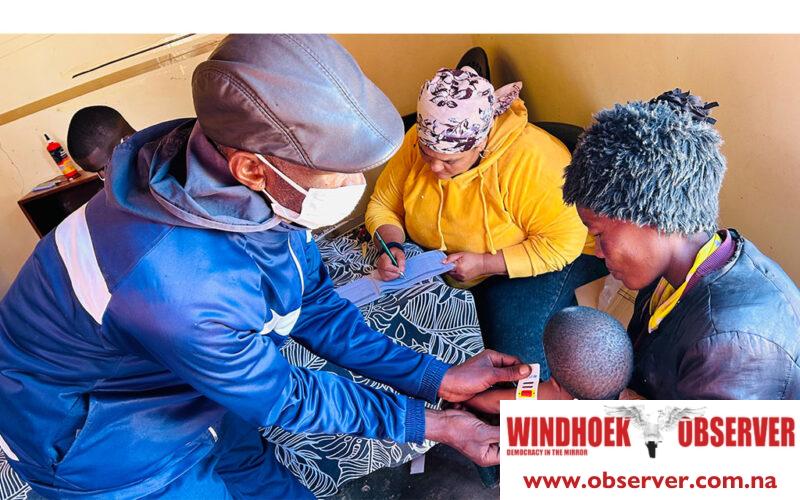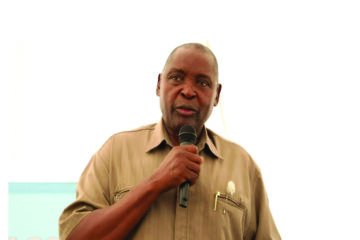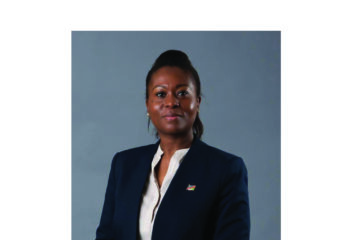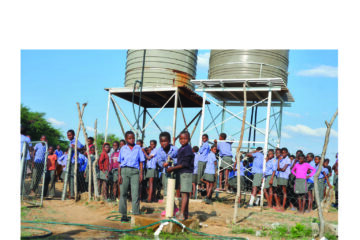Niël Terblanché
The Ministry of Health and Social Services (MoHSS), in collaboration with the World Health Organization (WHO) and with support from the Government of Japan, conducted an urgent health intervention from 5 to 9 August during African Vaccination Week in Namibia.
According to a report published by the WHO, the initiative that was launched in the Omaheke region was aimed at addressing critical health challenges, including vaccine hesitancy and malnutrition, particularly among children under the age of five and vulnerable populations in remote areas.
The WHO report states that the Omaheke region, known for the long distances people must travel to access health services, poses significant challenges to accessing essential health services.
“African Vaccination Week brought much-needed vaccination services directly to these communities, ensuring that children and mothers who would otherwise miss out on crucial immunizations could receive them,” the report states.
Residents expressed their gratitude for the services that were brought closer to their communities.
People also expanded on the financial barriers that often prevent people from travelling to distant clinics.
The initiative, funded by Japan, targeted 120 malnourished children and those under five years old who had missed vaccination opportunities.
Health workers conducted Middle Upper Arm Circumferences (MUAC) assessments, provided vitamin A supplements, and distributed Ready-to-Use Supplementary Foods (RUSF) to manage moderate and severe acute malnutrition (SAM) among women and children.
According to the WHO, the success of the initiative, particularly in the Gobabis district, revealed the need for more frequent community-based health services.
Norbeth Iyambo, the chief health programme officer, said he is appreciative of the support from WHO and said that the initiative managed to reach its target within three days in the Gobabis district alone.
“The importance of such initiatives in reaching vulnerable communities, which are often difficult to access, cannot be neglected,” he said.
The campaign also coincided with World Breastfeeding Week, reinforcing the importance of exclusive breastfeeding as recommended by WHO.
Dr. Richard Banda, WHO’s Representative in Namibia, reiterated WHO’s commitment, along with that of the Japanese government, to continue supporting efforts to protect children’s health and combat malnutrition in the region.
During the campaign, vaccination points were set up at Aminuis, Leonardville, Epako, Tsjaka, and Drimiopsis to ensure widespread access to these essential services.
The weeklong campaign also included cervical cancer screening, further extending the health benefits to women in these underserved communities.
According to the WHO, the initiative not only raised awareness about the importance of vaccines but also mobilised resources to improve children’s health and reduce preventable diseases while also stressing the importance of the role of community outreach initiatives in enhancing public health outcomes in Namibia.




